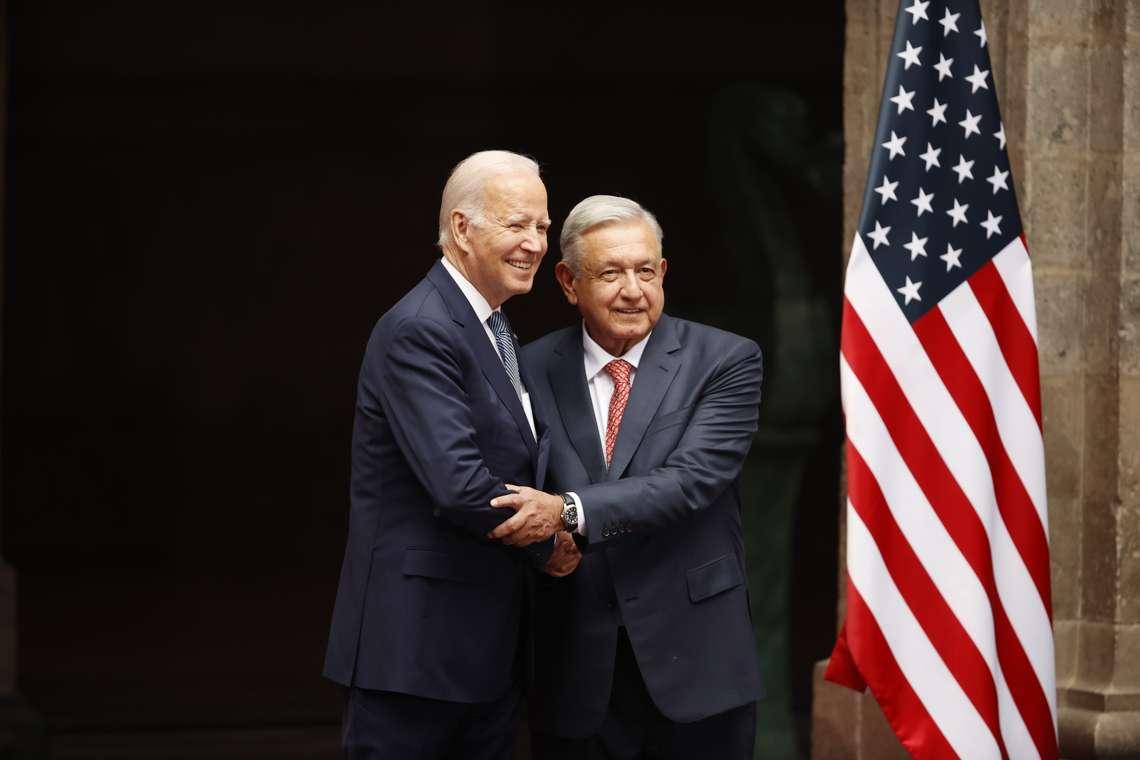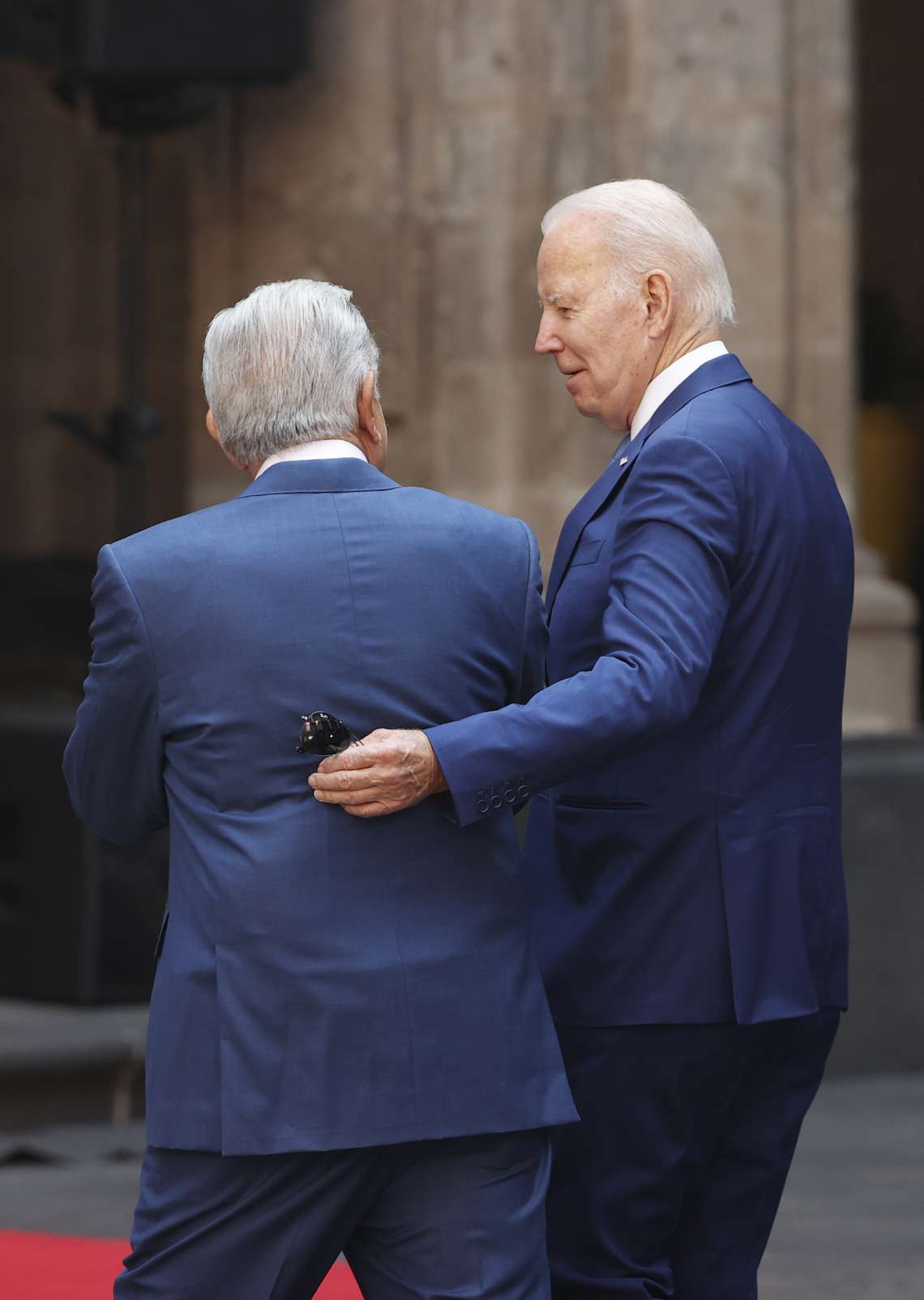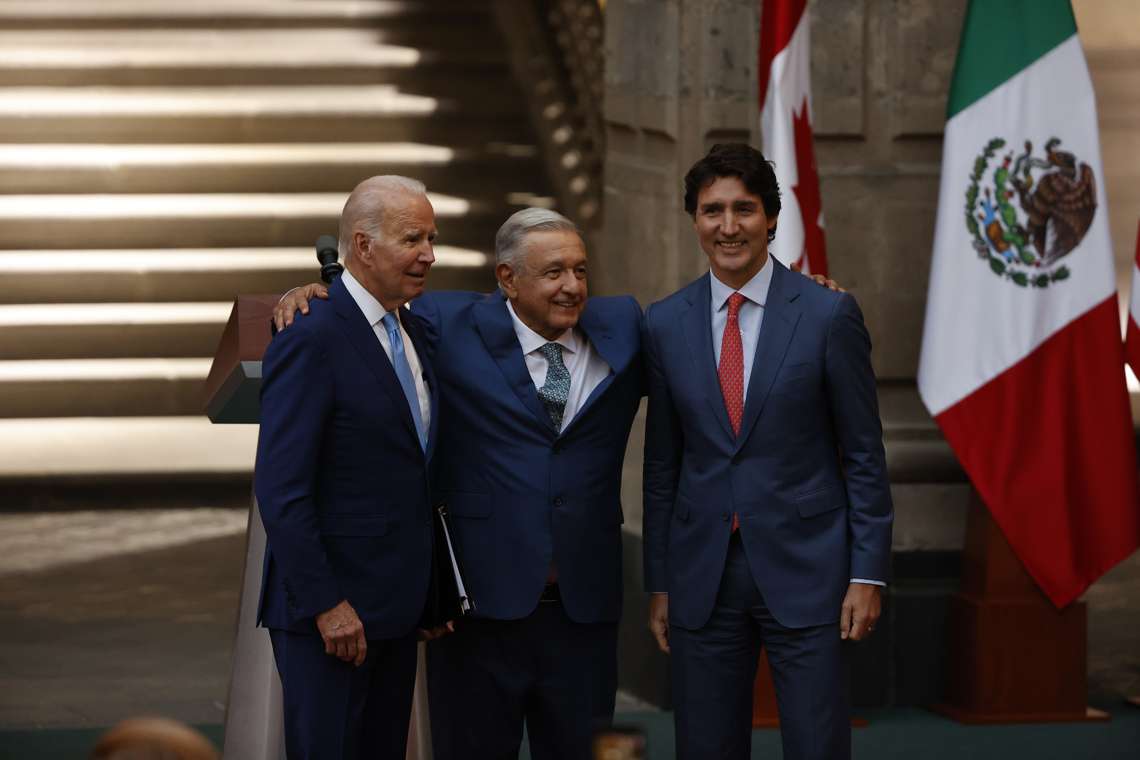The proposal of the President of Mexico, Andrés Manuel López Obrador, which promotes a new approach for the economic integration of Latin America with the United States, is such a relevant innovation that it seems like a utopia, among other things because it tries to change history. AMLO tries to reinvent Pan-Americanism, it doesn’t seem like a bad idea.
This is the boldest regional political proposal since the Cuban Revolution in the 1960s, by adopting Marxism-Leninism as a philosophy, set out to build socialism and establish a close ideological, political and military alliance with the Union Soviet, challenged the hegemony of Pan-Americanism designed and managed for the United States.
Compared to intra-European wars, little has been fought in the Americas. Except with Mexico (1848-1846), the United States, although it has intervened militarily in several countries, has not waged any war. Cuba, which some time ago was his favorite, is the state with which he has the longest dispute the hemisphere has ever known, although as Presidents Barack Obama and Raúl Castro have already proven, it is not insoluble.
Beyond economic asymmetries
The extensive trade, the flood of Hispanics that populate North America, the admiration of Latin Americans for the culture, language, technology and American lifestyle, which favor a climate of compromise, have not achieved the necessary environments to foster integrationist achievements. such as those achieved by Mexico and a European Union-type approach that López Obrador dreams of.
Although the economic asymmetries and the distances associated with the social sphere and the political culture, in particular the weakness of civil institutions, are data against it, there are elements in favor of the proposal, among them the non-existence of differences ideological differences or divergent criteria regarding the social system or political models between the United States and America, with the exception of Cuba’s positions which, in my opinion, today are more associated with the US blockade than with philosophical creeds.

Overcome isolationism and disdain
Originally, the predominance of the United States over Latin America arose as a kind of “natural state of things” derived from a set of events, rather than from a will or a political purpose.
Unlike the Iberian colonization that was a unique enterprise, governed, financed and carried out by the Spanish Crown with the support of the papacy, which included the entire region, the English presence in North America was established through private efforts, albeit supported by the British Crown, not governed by it, which explains the establishment of 13 independent colonies among themselves that, when projecting their independence, united to constitute a single country, the United States of America, the most unique geopolitical phenomenon in modern history.
In the British North American colonies, the unitary political agreement preceded the armed struggle, which allowed the anti-colonial revolution to be routed through institutional channels from its origin. As a whole, the process was under the direction of the continental congresses, it was guided by the Declaration of Independence, it was governed by the Articles of Confederation and later by the Constitution which, among other things, prevented caudillismo and the formation of a ruling oligarchy.
The founders of the United States created a country of more than two million square kilometers endowed with enormous natural resources, constituting the first modern republic and the first democracy, without suffering from any of the endemic vices of its neighbors. There were never any coups, oligarchies, warlords or military cliques there. and, except for the separatist episode, ended with the Civil War, the institutions have always prevailed.
Before what later became the Monroe Doctrine was outlined in 1823, and in 1898 when Cuba was occupied, imperialist attitudes unfolded, except for the war with Mexico (1846-1848), isolationism and disdain for what was happening outside their borders, rather than interventionism, was the predominant feature of US hemispheric policy.

“As a continent we are unique”
The recent and successful USMCA Tripartite Summit was an opportunity for AMLO to reiterate his proposal, this time in front of the most important interlocutors on the matter, even with excellent manners he summoned Biden: “You have the key,” he told him. Justin Trudeau, who was attentive to López Obrador’s approaches, came to the conclusion that: “As a continent we are unique”
Although there is still a long way to go, the first steps have been taken, reflections and support are lacking. Those from CELAC, OEA, UNASUR, MERCOSUR, ALBA and perhaps Cuba could add their support to the idea on the road to lifting the blockade of the United States, a matter in which Biden also “has the key”.
In any case, the Latin American political vanguards should not be indifferent to the proposal of López Obrador, who has time on his side. In the long run, it will be so. See you there.

*This text was originally published in the newspaper For this! It is reproduced with the express permission of its author.














